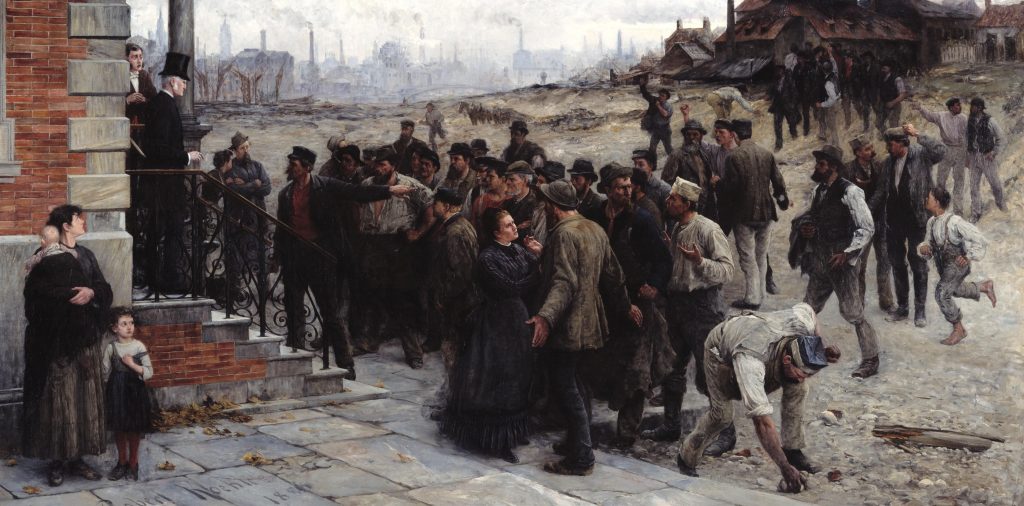
Women Will Be Heard
Women in Poland are now more than ever at the heart of public attention. The closer we get to the election date, the more political declarations affecting women’s lives we hear. With numerous research studies proving that women\'s participation in the upcoming parliamentary elections in Poland will be politically decisive, the number of offers from party leaders is rising on a daily basis.











